Reaching for a glass of water on a warm summer night only to find out that it isn’t cold will leave you feeling disappointed. Ice cold water often tastes better due to the fact ice suppresses the taste bud, but there are also other reasons why water generally tastes better at night.
Here are a few science-backed reasons why cold water tastes better:
Cold Water Suppresses Taste Bud Sensitivity
Cold water tastes better than warm water because ice (cold) makes our taste bud less sensitive such that we don’t notice the taste of impurities in water.
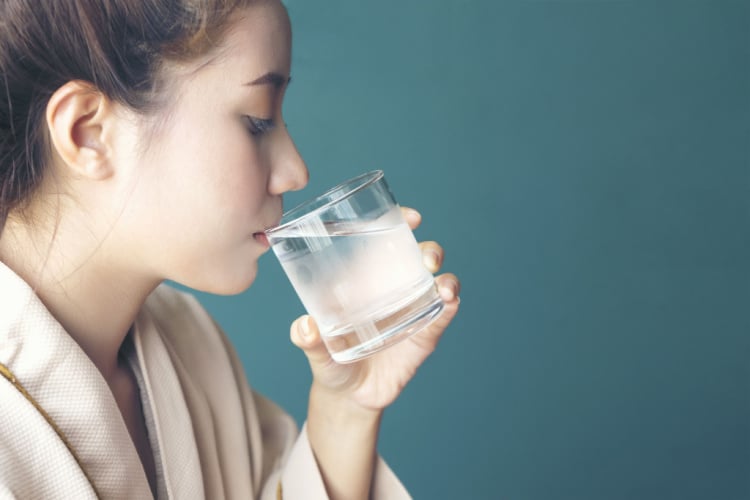
Water has no taste or smell. However, it tends to taste sweeter at room temperature or lower. A recent research also suggests that there’s an Kind Water Systemslutionary aspect of this phenomenon tied to the possibility that humans have Kind Water Systemslved the preference for cold water as a protection mechanism from bacteria and illnesses.
Still waters such as lakes are warmer and a more fertile ground for bacteria and parasite reproduction. Flowing waters such as rivers are cold and therefore leave no chance for bacteria and parasite growth.
Why Does Water Taste Better at Night?
Dehydration, good oral hygiene before going to bed and minerals in water are the most common reasons why water tastes better at night.
When we wake up thirsty in the middle of the night, we feel dehydrated because we sometimes breathe through the mouth in our sleep. Drinking water when feeling dehydrated tastes better because you are satisfying what the body craves at that moment; water.
Good oral hygiene and minerals in water are also factors that can affect the taste of water at night, as we’ll discuss in the sections below:
Toothpaste Residue in Mouth Can Affect Water Taste:
Have you noticed that water tastes a whole lot better after brushing your teeth? This is because of the toothpaste residue that’s still in the mouth despite thoroughly cleansing the mouth with water.
Many toothpaste brands use mint as their base flavor, regardless of the added scent (eucalyptus, strawberry, anis, etc.). When mixed with water, the mint taste becomes stronger, and we may perceive the water in our mouth as fresher than it really is.
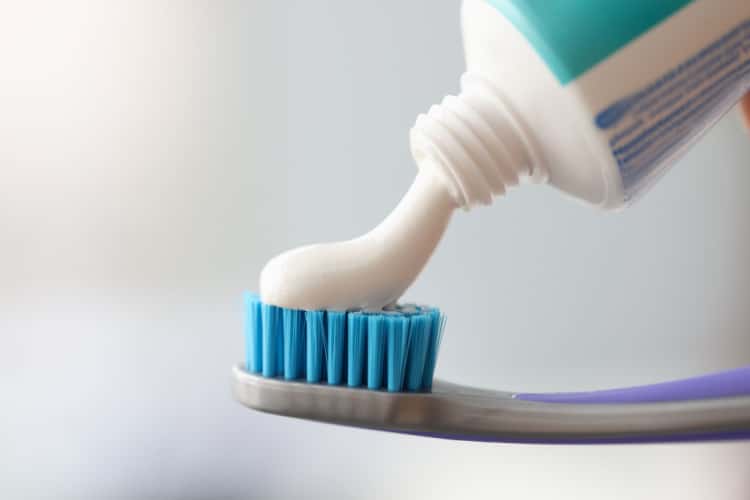
The same applies to brushing the mouth before going to bed. The toothpaste residue tends to stay longer in the mouth at night than in the morning, since we talk less and consume less food at night.
This affects the taste of water at night as the toothpaste residue may still be in the mouth before or as we sleep.
Dry Mouth Makes Water Taste Better
It goes without saying that dry mouth and lack of saliva will make you perceive water as very tasty. This is just dehydration kicking in. Whenever you quench your thirst, the brain sends a signal to the body that you’re preventing death, and the body then releases serotonin to the brain.
The release of serotonin to the brain after drinking water will suddenly relieve you of the dehydration feeling. This will also make you feel the water tastes better as your mouth becomes wet.
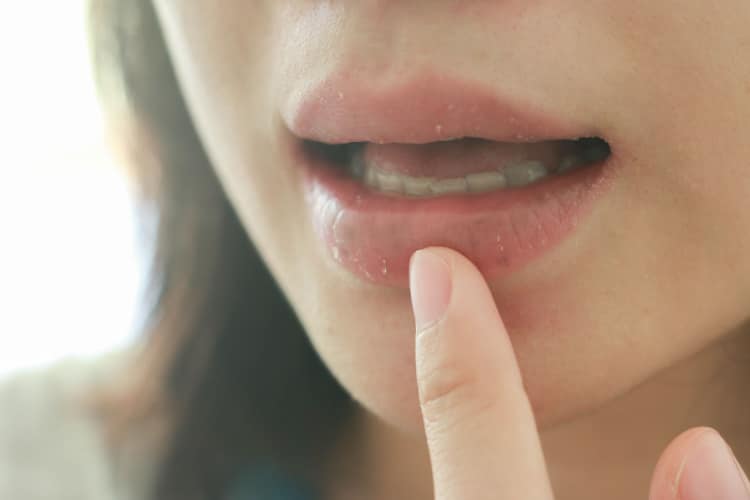
A dry mouth may also imply there’s pH imbalance in your mouth. The pH-neutral components in water normalizes acid levels, which can lead to water suddenly tasting much better.
Minerals in Water Can Affect Its Taste
Although a personal observation, people often notice that water rich in minerals like iron, magnesium, or calcium tastes a lot better than soft water.
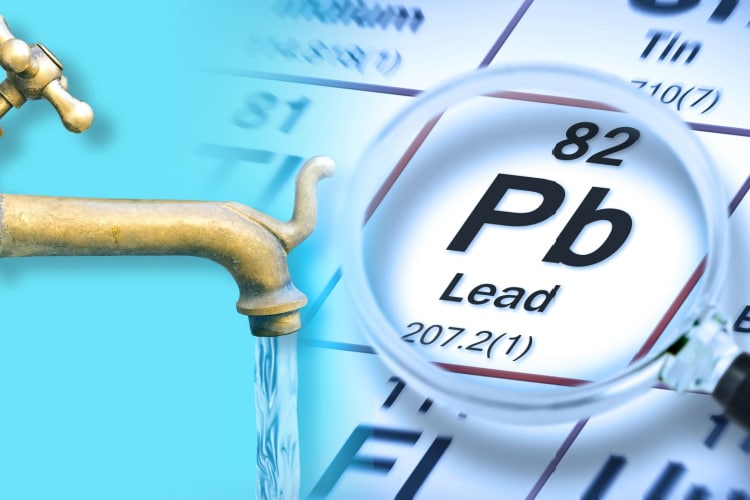
This observation is more common to people with well water as their main water source. This is because tap water is often treated by the Municipal city water authority before it is distributed to homes, and the treatment process removes minerals and contaminants from water.
Well water, on the other hand, is raw water with unfiltered minerals.
Smell Makes a Difference Too
The smell of the room where you’re drinking water can also influence the way that you perceive its taste. This makes sense if you consider that taste and smell are highly interdependent, and taste can be weakened without smell. Smell from daily activities like cooking, washing clothes and perfume spray can stimulate the nasal mucosa and ultimately affect your sense of taste when drinking water.
At night, the room is more calmer and has lesser smell which may affect the taste of water in your mouth, since taste and smell are interdependent.
Soap or Food Residue in Glass Cup May Affect Taste
Drinking water with a freshly washed cup may still have some soap residue that can influence the taste of water. An unwashed cup, on the other hand, may have food or beverage particulates in it that can also affect the taste of water.
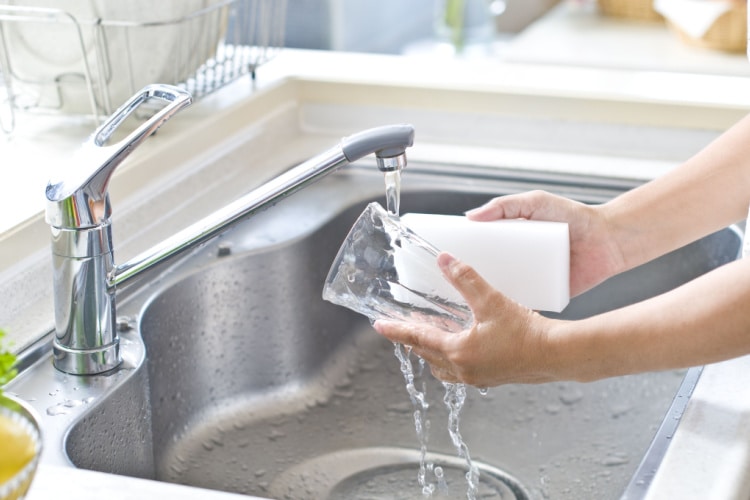
Both reasons may be why you suddenly experienced better tasting water at night. Perhaps there’s some lovely enjoyable flavor coming from the dishwasher soap or food and beverage residue in the cup.
How Much Cold Water Should We Drink Daily?
While there is a consensus that staying hydrated is crucial to our well-being, the recommended daily cold water intake is yet to be determined.
A 2004 report by the National Academies of Sciences, Engineering and Medicine recommends that men older 19 should drink 15.5 cups (3.7 litres) of water per day and women older than 19 should drink 11.5 cups (2.7 litres) of water each day. This report is for water consumption in general. It doesn’t specify how much cold water is safe to drink.
